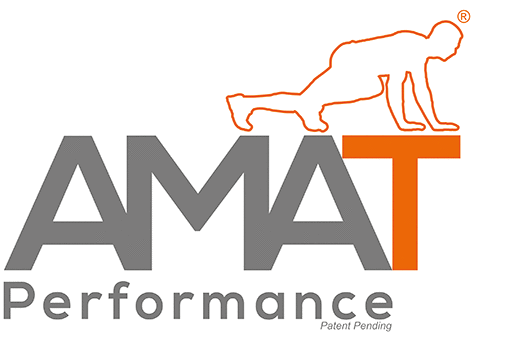
Training movement skills in young athletes can help set them up for a lifetime of participation and activity in sport and exercise. Research has shown that young people who lack good movement skills, or physical literacy are often more likely to withdraw from physical activity and sport (Kirk,2005). In contrast, developing a range of basic human movements, fundamental skills and foundational sport skills gives young people the tools to engage in healthy and active lifestyles (Ellerton,2018).
Developing fundamental movement skills appears in almost all long-term athlete development models. We must understand for the development of these skills that young athletes and children all mature and develop at different rates, although they follow the same sequences and phases of learning, they should only progress through stages of developing a skill when appropriate.
Including creative, varied, challenging and fun exercise regressions and progressions can help develop these skills appropriately for each individual. Two young athletes of the same age may be at completely different levels of movement competency based on a number of factors. In these situations, exploring the correct level of movement to be performed at that stage for each individual is essential to lay the foundations for progressively more challenging variations of that skill or exercise as they mature
See below some of exercise variations and progressions in the AMAT Performance System Training App for a number of common fundamental movement patterns.









